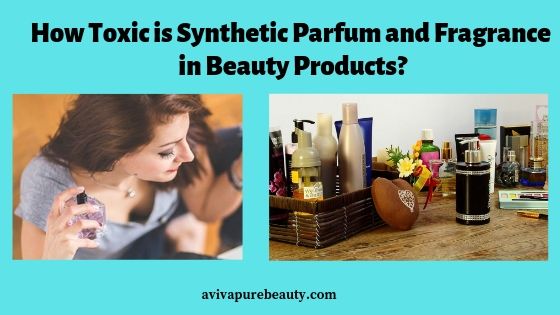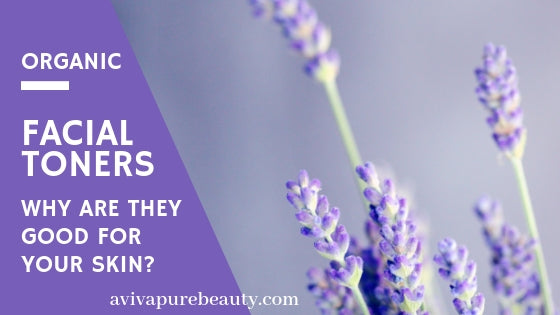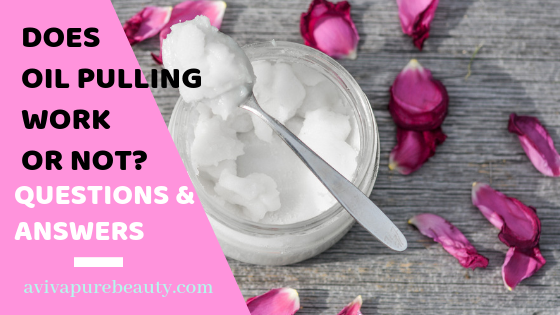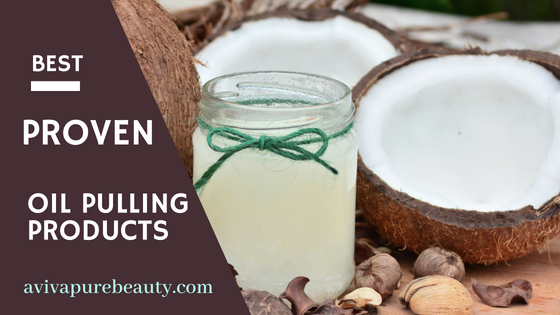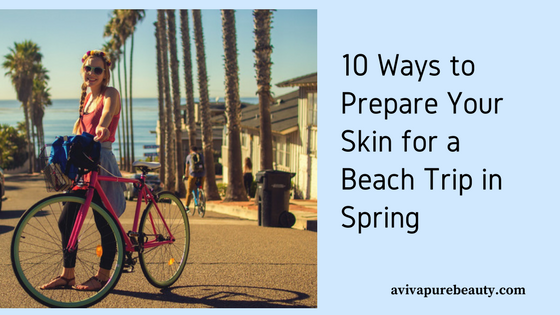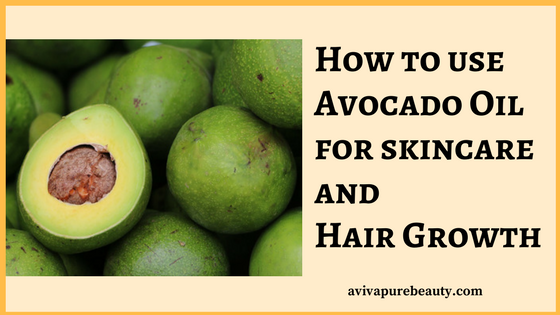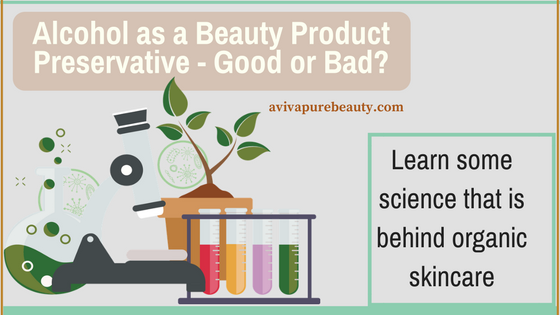
Since of today, Alcohol used as a preservative in skin care is still the reason for many discussions.
There is a lot of bad press when it comes to skincare, personal care & cosmetics. If alcohol would be that bad, So why on earth would Aviva Pure use it as a preservative in their premium quality organically derived products?
Lets place the so called "Bad" alcohol into the spotlight. Lets look at it a bit more closely to see what is right, and what is wrong.
Alcohol (or ethanol) is not only an efficacious, nontoxic and natural preservative, but it also enhances the delivery of phytochemicals in the herbs and flowers extracted using the alcohol.
It is part of some of the Aviva Pure products and is domestically produced, food grade, certified organic grain alcohol (Ethanol), natural essential oils, and pure plant extracts to maintain the life of time-challenged products. Such as creams, hair care products and toner.
What about Yeast, Bacteria and Molds?
You must know that Bacteria, yeasts, and molds do not grow in an ethanol concentration of approximately 15-20% or greater.
Alcohol also serves as a natural emulsifier, preservative, and carrier, helping ingredients in their delivery. Alcohol, derived from the fermentation of starch, sugar, and other carbohydrates, can also be used to extract and preserve Botanicals, not just finished bases. And, unlike the isopropyl alcohol that you find in your first aid kit, ethanol alcohol is not drying to the skin when it is part of a moisturizing base.
Certified Organic Alcohol
Certified organic alcohol, also known as ethanol (not to be confused with isopropyl, or rubbing alcohol), is said to be able to extract more phyto-chemicals than other substances used for extraction, such as glycerin, propylene glycol or water.
Alcohol is also an effective emulsifier and carrier, helping ingredients penetrate the skin.
So it is not quite true that skin care products that use alcohol have the tendency to dry the skin.
For example the Skin Magic Cream is formulated with soothing organic aloe juice, organic coconut oil, and emollient organic jojoba oil and many other ingredients your skin will love, like organic willow bark extract and organic neem oil.
The skin and body cream is preserved with organic alcohol extracts of rooibos leaf and pomegranate seed, plus a good amount of moisturizing ingredients. So the cream will never dry out the skin!
Skin Magic Cream is even pleasant on sensitive skin.
Alcohol - Drying the Skin. True or Not?
If you place alcohol in a 100% concentration onto the skin, it will dry the skin and it is also harmful. If you do this repeatedly over some time your skin will suffer from it.
Back to the question if it is true or not: You must keep in mind that there is a huge difference when alcohol is applied directly to the skin or the alcohol is in a product that consists mainly of moisturizing oils, butters, glycerin and juices in which alcohol is only one component.
For example: Imagine having two shots of Vodka on an empty stomach. How would you feel? Now imagine to take hose two shots of Vodka diluted into two pint glasses of orange juice and drunk on a full stomach.
It is a different experience. Like splashing raw alcohol on the face versus applying a luxurious moisturizing cream preserved with alcohol extracts to it.
The effects are different. Health care workers reported about the drying effects of alcohol because the hand cleaning substances they use are containing far too much alcohol to make sure that a thorough sanitation will happen. A alcohol based hand rub solution applied several times on the skin for weeks, months and years will effect the skin badly for sure.
The complaints were about unacceptable skin irritation caused by alcohol-based hand rubs. In spite of the complaint, when the irritant effect of alcohol on the skin has been evaluated, most authors found low toxicity (Boyce et al., 2000; de Haan et al., 1996; Lübbe et al., 2001; Winnefeld et al., 2000).
So the skin irritation of healthcare workers is not simply caused by alcohol antisepsis. It is a combined damage resulting from the usage of alcohol detergents that remove important lipids from the skin layer, the stratum corneum. And the skin becoming over-hydrated from wearing gloves. To reduce the adverse effects of alcohol-based hand rubs, it is shown that adding emollients or humectants is efficacious (Many studies are reviewed in Boyce & Pittet, 2002).
There is no doubt, Skin care products must be preserved because microbial growth in beauty products needs to be prevented. Contamination needs to be avoided.
You might want to purchase products that are completely without preservatives but you cannot keep them longer than a couple of weeks.
There are countless reports of lotions and creams that are causing contact dermatitis, rashes, and worse because they are not preserved.
If you make a product with water, a preservative is needed. Different Preservative options for example parabens, have contraindications in products such as not being able to work with different types of ingredients. So the Aviva Pure beauty products will not contain parabens as it is too tricky to make it work.
In short, whatever bad press organic alcohol may have received, we still feel it is the safest and most effective natural preservative for the products that we love.
What about Other Beauty Brands
Lets look at the popular brand Dr. Hauschka. They use organic alcohol in their Skin Care products. Or Amala skincare has alcohol in the ingredient list. And so do many brands.
Our alcohol is made by fermenting organic grains with yeast followed by distillation—the same process used for making alcoholic beverages. The alcohol is denatured using pure essential oils.


